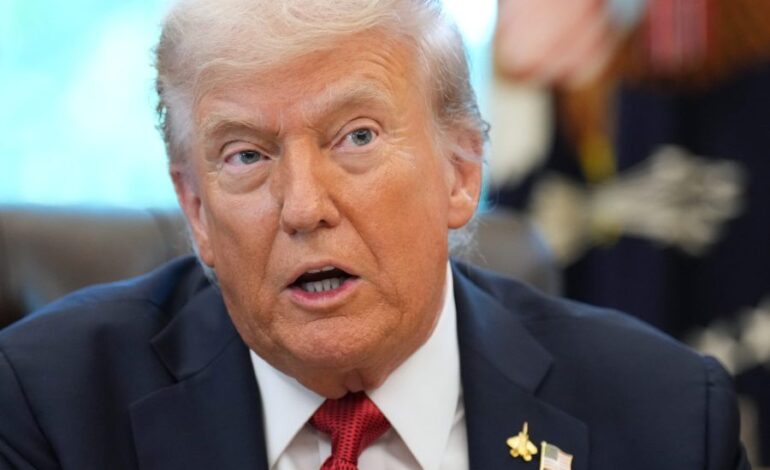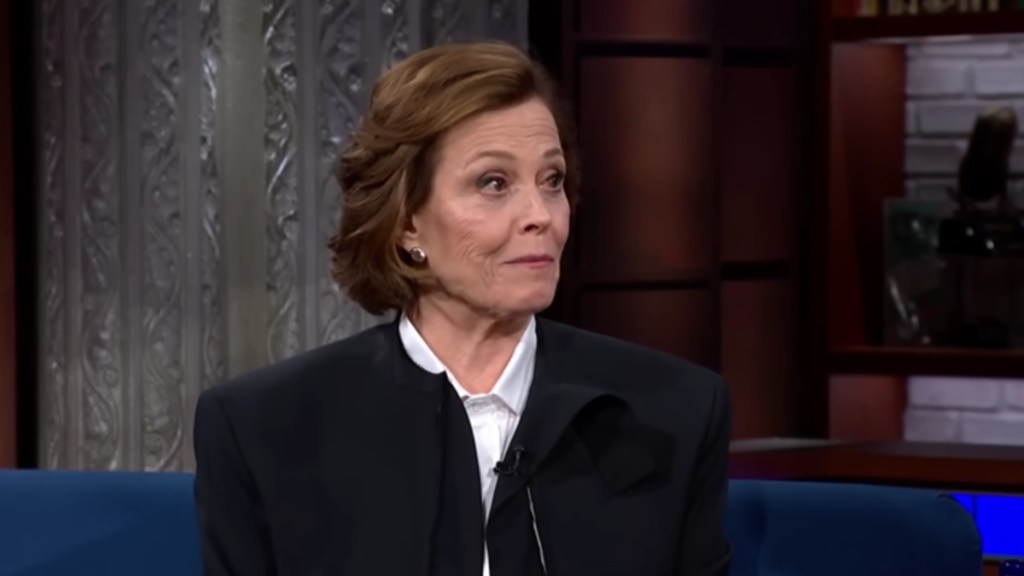U.S. Pursues Regime Change in Venezuela Under Trump Administration

The Trump administration has intensified efforts to destabilize the regime of President Nicolás Maduro in Venezuela, marking a significant shift in U.S. foreign policy. While historically, the United States has engaged in numerous covert and overt regime-change operations, the current approach reflects both isolationist rhetoric and interventionist reality.
A consensus among scholars suggests that past U.S. interventions rarely serve American interests and often lead to unintended consequences. According to research from the U.S. Department of State, such actions have, at times, resulted in destabilization that has affected not only the target country but also U.S. relations globally.
The most recent developments in Venezuelan politics illustrate this ongoing strategy. The Trump administration has openly supported opposition leader Juan Guaidó, declaring him the legitimate president of Venezuela. This endorsement has been accompanied by economic sanctions aimed at crippling the Maduro government. The U.S. has implemented these sanctions with the intention of forcing Maduro to relinquish power, a strategy that has prompted mixed reactions both domestically and internationally.
Historical Context and Consequences
Since the early 20th century, the U.S. has conducted numerous regime-change operations in various countries. Examples include interventions in Iran, Chile, and more recently, Libya. Each case has raised important questions about the effectiveness of such strategies. The Central Intelligence Agency (CIA) has played a pivotal role in these operations, with many scholars arguing that the long-term repercussions often outweigh any immediate benefits.
The situation in Venezuela is particularly complex. The country, once one of the wealthiest in Latin America due to its vast oil reserves, has faced severe economic decline under Maduro’s leadership. The U.S. government has framed its interventions as necessary steps to restore democracy and human rights in Venezuela. Yet, critics argue that these actions have exacerbated the humanitarian crisis, leading to further suffering for the Venezuelan people.
In recent months, the U.S. has ramped up diplomatic efforts to isolate the Maduro government. This includes rallying support from regional allies and imposing sanctions on Venezuelan oil exports, which are vital to the country’s economy. The Trump administration’s strategy highlights the tension between promoting democracy abroad and the potential for destabilization that can result from interventionist policies.
Global Reactions and Future Implications
International responses to the U.S. approach have varied significantly. Countries such as Russia and China have condemned U.S. actions, viewing them as interference in Venezuela’s sovereignty. Conversely, several Latin American nations have aligned with the U.S., supporting efforts to challenge Maduro’s authority.
The ongoing situation raises critical questions about the future of U.S. foreign policy. As the Trump administration seeks to reshape its approach to international relations, the outcomes of its actions in Venezuela will likely serve as a case study for future interventions. Analysts will closely monitor whether the current strategy leads to a successful transition of power or if it deepens the crisis further.
In summary, the U.S. administration’s focus on regime change in Venezuela underscores a broader trend in U.S. foreign policy that combines isolationist rhetoric with an interventionist reality. The implications of this strategy could resonate well beyond Venezuela, impacting U.S. relations with other nations and influencing future policy decisions. As these developments unfold, the international community remains watchful, aware of the delicate balance between intervention and respect for national sovereignty.






